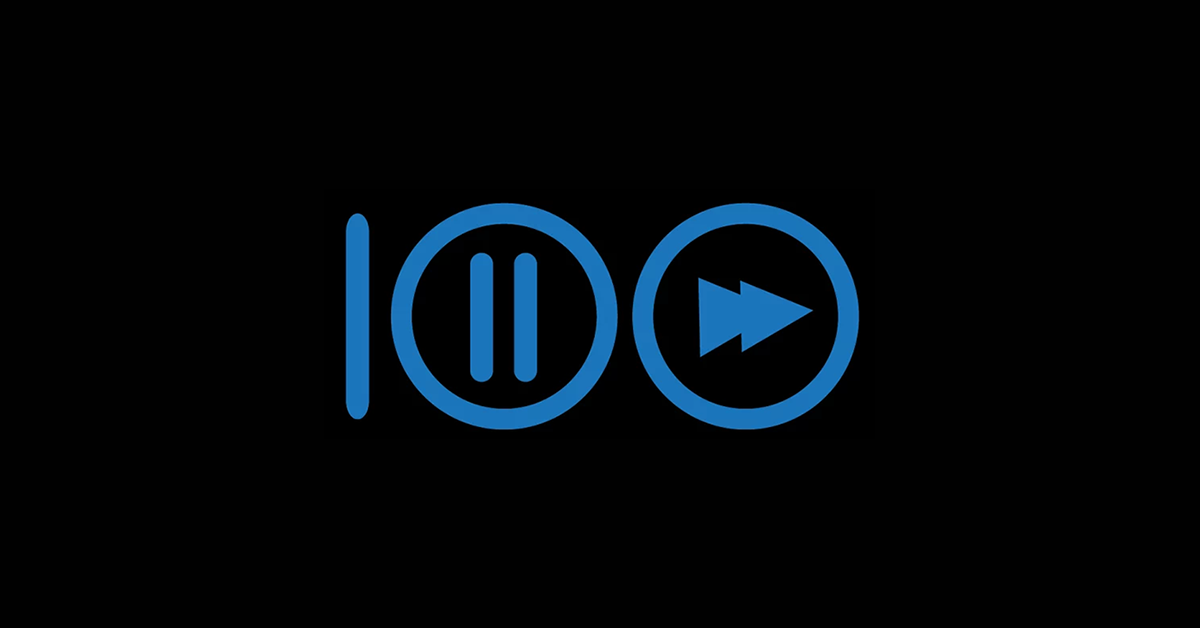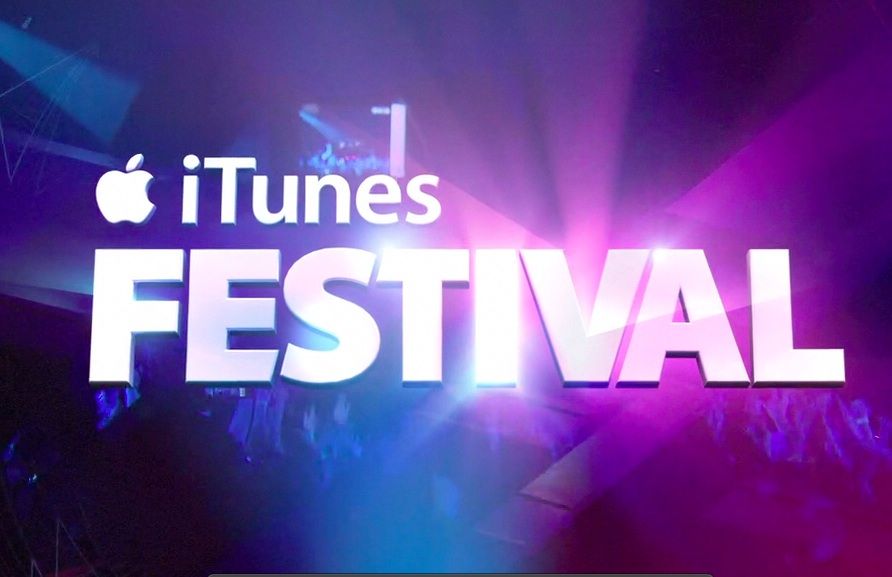
Its rivals include Deezer, Pandora, and most ominously Apple Music, which has gained market leadership in the US and a few other countries.

It does not have the run of the market, however. Unfair or not, with the days of physical music long behind us (with the exception of vinyl junkies), Spotify dominates the way we consume music this century. Claims to democratize the music industry have also been questioned, with the world’s biggest four music labels responsible for 87 percent of content available on Spotify. It has drawn criticism from recording artists, who complain that it pays too little. Surviving the transition to mobile, Spotify went public in April 2018, with a market cap of $26.5 billion after the first day of trading. It was an instant success, with a Facebook partnership helping it rise rapidly to prominence. This is a really great feature, adding optional permanence to your tapping exploits.Eventually convincing record labels to agree to share content in return for an aggregate 20 percent stake, Spotify was launched in 2008.

48 trigger pads are placed front and centre, and are just big enough to accurately hit unless you've the most sausagey of sausage thumbs.Įffects lurk at the foot of the screen - tap one and a performance space slides in, covering half the screen, ready for you to stutter and filter your masterpiece.Īs on the iPad, you can also record a live mix, which can be played back, shared and exported. But smart design from Novation proves otherwise. On iPhone, it shouldn't really work, the smaller screen not being as suited to tapping away at dozens of pads. This isn't making music per se, but you can get up a good head of steam while imagining yourself as a futuristic combination of electronic musician, DJ and mix genius. You get a bunch of pads, and tap them to trigger audio loops, which always sound great regardless of the combinations used.

On the iPad, Novation Launchpad is one of the best music apps suitable for absolutely anyone.


 0 kommentar(er)
0 kommentar(er)
